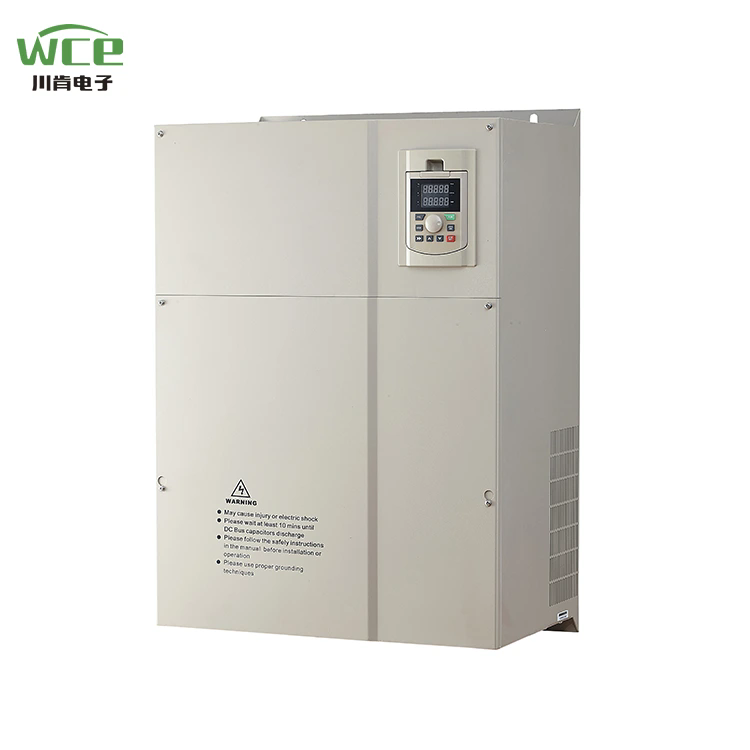Why Is the AC Drive Essential for Modern Industrial Efficiency?
2025-04-27
In today’s fast-paced industrial world, efficiency is key to staying competitive. One of the most important innovations driving industrial performance is the AC drive, also known as the variable frequency drive (VFD). But what makes this technology so essential, and how is it revolutionizing the way industries operate?

At its core, an AC drive is a device that controls the speed, torque, and operation of electric motors by adjusting the frequency and voltage supplied to the motor. This seemingly simple technology offers a world of benefits that have made it indispensable across a range of industries, from manufacturing to HVAC and beyond. By allowing precise control over motor performance, AC drives optimize processes and ensure operations run smoothly and efficiently.
One of the most significant advantages of using an AC drive is energy savings. Traditional motor systems operate at full speed all the time, even when full power isn’t required. AC drives, on the other hand, adjust motor speed to match the demand of the application. This means less energy is consumed during off-peak times, which translates into lower electricity costs. In industries where energy consumption can account for a large portion of operational expenses, the potential savings can be substantial.
Beyond saving energy, AC drives contribute to the longevity of equipment. By providing soft starts and stops, they reduce mechanical wear and tear on motors and connected equipment. The gradual ramp-up and ramp-down of motor speeds prevent the stress and strain that often result from sudden starts or stops, reducing the need for maintenance and extending the lifespan of machinery. This reliability ensures fewer downtime periods and greater productivity in the long run.
AC drives are also incredibly versatile. They can be used in a wide variety of applications, including pumps, fans, conveyors, and compressors. By adjusting the motor speed to meet the specific requirements of each process, they allow for greater flexibility and precision in industrial operations. Whether it’s controlling the airflow in an HVAC system or optimizing the speed of a conveyor belt in a factory, AC drives can be fine-tuned to meet the exact needs of the task at hand.
Another critical benefit is the improvement in process control. With the ability to precisely regulate motor speed, AC drives help improve the quality and consistency of products. In manufacturing environments where precision is crucial, having fine control over motor speeds can result in better output, fewer defects, and more uniform product quality. This not only enhances the efficiency of production but also ensures higher customer satisfaction.
Furthermore, AC drives are integral to the shift toward more sustainable industrial practices. With their ability to optimize energy use, reduce waste, and minimize environmental impact, they play a key role in helping industries meet their sustainability goals. As global awareness of environmental issues grows, adopting energy-efficient technologies like AC drives is becoming a strategic priority for businesses looking to reduce their carbon footprint and operate more sustainably.
The reliability, energy efficiency, and versatility of AC drives make them a vital component in modern industrial operations. As industries continue to seek ways to improve productivity, reduce costs, and meet sustainability targets, AC drives will remain at the forefront of innovation, enabling companies to achieve greater operational efficiency and long-term success.


